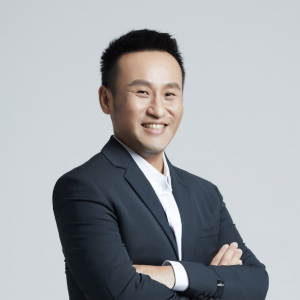In an era where AI is rapidly permeating every aspect of life and work, I often reflect not only as an investor pondering the future impact but also as a father: what kind of parenting is right in the age of AI?
Since the most crucial ability for the next generation is no longer just “problem-solving” but “exploration,” this signals a shift. A common parenting logic in many Asian households—living life on behalf of the children, or “proxy parenting”—needs to step aside.
Over the years, I’ve met many brilliant high school and college interns. They’re intelligent and diligent, yet often lack decisiveness. When I dive deeper into conversations, I frequently hear things like: “My dad said this would help me get a job,” or “I wanted to switch majors, but my mom told me not to be impulsive,” or “I want to make films, but my parents say that’s just a hobby, not a career.”
It’s not that these young people don’t want to take responsibility for their lives—they’ve simply been trained to believe there is a “standard answer” to life, and the safest path is to follow the answers given by adults.
But the world has changed. As AI rises, more companies are caring less about which school you attended or whether you scored perfectly, and more about whether you possess key abilities: the courage to make decisions under uncertainty, the self-drive to learn independently, and the flexibility to make mistakes, reflect, and adapt.
These traits stand in stark contrast to simply being “obedient.” They’re often forged through making wrong choices, failing, and clashing with societal expectations.
Our generation—parents, educators, and even investors—must accept this truth: the future will not be led by those who excel at filling in the blanks, but by those who think independently and carve their own path.
So I’d like to say to fellow parents: let go of the bat you’re holding over your child’s hands. Be their audience, their cheerleader, the one who catches them when they fall—but don’t step in to play for them. Because this game of life is theirs alone. Even if it’s messy and full of stumbles, they must be the ones to play it through.
Letting kids make their own choices and learn through trial and error may mean a slower path, but it’s one shaped by their own learning curve—not a continuation of your own life.
AI can simulate countless skills, but it can’t replicate the human experience of sincerely exploring the world. And that is exactly the most irreplaceable value in this era.

